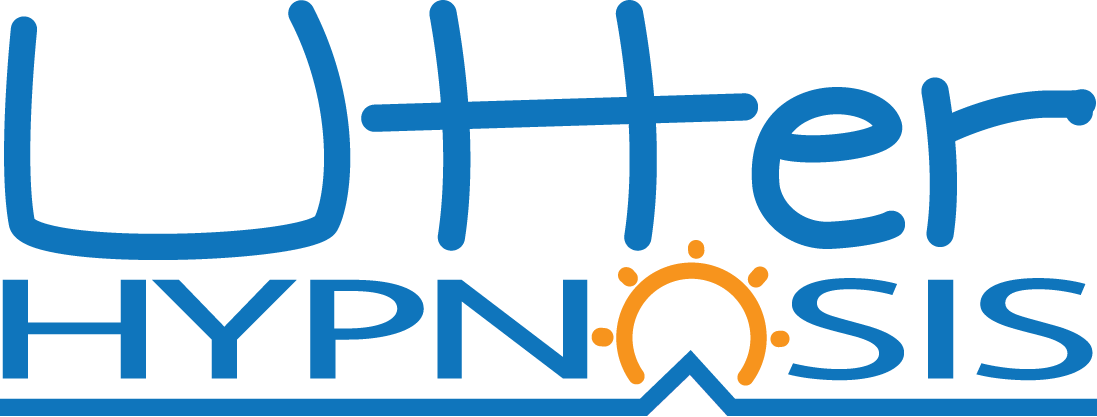Get Transformational Results From Self-Compassion

One of the things I love about the kind of hypnosis I do, is that it provides very effective techniques for turning personal hardships into self-compassion. What was previously a reason for self-rejection becomes a reason for self-acceptance, compassion and strength.
I was raised in a family that valued kindness to others. I learned to be hard on myself and good to other people. This belief system got me through college, graduating on the Dean’s List, it made me a successful musician and computer programmer, it even helped me make a lot of friends, but it also left me empty.
The science has now been clearly established. In addition to helping our overall wellbeing, it turns out being good to ourselves is more productive than being hard on ourselves.
When I started learning about self-compassion it actually made me sick to my stomach. It went directly against my deeply ingrained belief system that I needed to be hard on myself in order to be successful.
I was stunned by its proven benefits. Self-compassion has now been well established to increase:
- Grit & personal initiative. That’s right, self-compassion helps you stick to important matters with more tenacity. In other words, it makes you tougher.
- Life satisfaction.
- Positive mind states such as happiness, optimism, gratitude, curiosity, vitality, and feelings of authenticity.
- Being compassionate to others.
- Emotional & social intelligence.
It was also shown to reduce:
- Stress, anger, self-criticism
- Shame
- Self-pity. Many people confuse self-compassion with self-pity. Self-compassion is the ability to hold steady and accept ourselves through whatever we may be going through. Self-pity is actually a form of self-rejection.
- Depression & anxiety
- Fear of failure
Is there anyone who can say they honestly don’t want the above benefits? It turns out self-compassion is very powerful and easy to apply at any time during the day, whether you’re with others or alone.
Self-compassion has three components:
- Mindfulness. Simply noticing the pain or problem that is occurring.
- Self-kindness. Offering ourselves unconditional acceptance.
- Common humanity. Acknowledging our pain is part of the shared human experience. In other words, you are not alone.
How to Apply Self-Compassion
Think of a difficult situation in your life, or a feeling that keeps coming up that you can’t seem to shake.
Mindfulness:
- Simply notice and accept the pain. It’s there.
- Try a mindful breath. Breathe in slowly & expand your belly, letting the air all the way into the bottom of your lungs. Then exhale all the way out, letting your out-breath be even longer than your in-breath.
Self-kindness:
- Place your hand gently on your heart as a way of supporting yourself. Let your heart feel the support you are offering. Let it in.
- Imagine for a moment that you are in the presence of the most supportive person in your life. What would they say to you if they knew you were hurting? Feel the sincere support they would give you now. You can imagine them saying the supportive things they would say if it helps.
Common humanity:
- Remember you are not alone. You’re simply human. Whatever you’re experiencing, someone else has been in an experience like it. Negative feelings like depression, isolation, fear, guilt, shame, anger, frustration, and sadness are all part of the common human experience.
- It might help to picture yourself in an immense circle with others who are suffering like you. Everyone in the circle knows what you feel like. You’re together in this, not alone.
Additional Help
More physical support for self-compassion
Below are some other things you might try along with, or instead of, putting your hand on your heart.
- Cradle your head. Place one palm on your forehead, and the other palm on the back of your neck. Let your head and neck feel supported by your hands.
- Self hug. Place your right hand under your left arm, over your heart and up by your armpit. Put your left hand over your right arm. It’s like a self-hug.
- Support gut and heart. Put one hand on your belly, and one hand on the heart.
- Hold your own hand. Place one hand, palm up, on your lap. Place the other hand on top of the first hand. You can experiment with having the hand on top facing palm down or up. Use whatever feels best.
- Both hands on forehead, then lean your forehead into hands. It helps to have your elbows supported so you can really lean into your hands.
- Both hands on heart. Try both hands on your heart, one overlapping the other.

I suggest you experiment with all the suggestions above and find what feels most supportive to you. Use your favorites.
The ideas of blame and responsibility
It can also be helpful to remember that whatever is happening is not your fault. I don’t mean this in an escapist kind of way. Fault and responsibility are two very different things. While we are the only ones who can take responsibility for our actions and remedy them, we are also ultimately blameless.
Are we really blameless? I think so. Did you choose your body, your family, or your society? We’re all born into, and continually placed in situations that are beyond our control. If we’re fortunate we can learn how to take responsibility for our actions and master our circumstances. This is no small feat.
As a hypnotherapist I am continually amazed at how many major life problems have roots in the very distant past. I have lost count of how many problems started in infancy and even in the womb. I’m blessed that hypnosis has the ability to reach and resolve those kinds of problems. Our brains are not fully developed until our mid 20s. Children are simply not able to process overwhelming events in the way that healthy adults can. They don’t have the equipment.
Most of the circumstances that really damage people emotionally happen when they’re young. Therefore, self-compassion makes a lot of sense and also helps us take responsibility for our lives so we can live with more freedom and satisfaction.
The benefits of challenging situations
My ex-partner was kidnapped from Delaware as a child and taken to what is now Zimbabwe. (Zimbabwe was called Rhodesia at the time). After seven years of research we found the people who saved her life in Africa and helped her return to the US. I remember standing on a hill in Zimbabwe that overlooked the site of a village massacre she narrowly escaped 40 years earlier. I asked her if she would change anything knowing what she knows now. She said, “No, my life has made me who I am. I wouldn’t change anything.”
For every difficult experience, including horrific experiences, these questions can provide important food for thought when you’re ready for them:
- What did I learn from this experience?
- In what ways am I a better person because of this experience?
- In what ways can I honestly say I am grateful for this experience?
- How has this experience helped me be more compassionate and understanding?
- How has this experience empowered me?
I’ve found the above questions are most helpful when you’ve achieved a certain amount of self-compassion. If the questions feel too raw, focus on the self-compassion process more and revisit the benefits at a later time.
If you’d like to learn more about the research behind self-compassion, https://self-compassion.org/the-research/ is a good place to start. For books, I recommend the Mindful Self-Compassion Workbook by Kristin Neff and Christopher Germer. Here’s the Amazon link. (I don’t get a kickback on these links).
